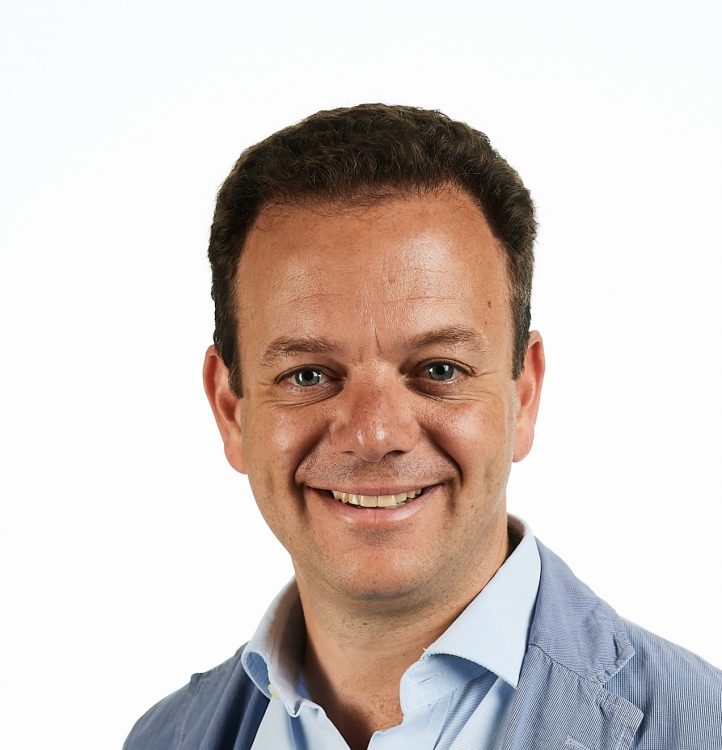Fellowship Lunchtime Lectures: Professor Filippo de Vivo
Event

This is Teddy Hall’s online lunchtime lecture series which aims to highlight the incredible depth and breadth of research across the Teddy Hall Fellowship. This event is hosted by the Principal of St Edmund Hall, Professor Katherine J. Willis.
Speaker and Topic
Professor Filippo de Vivo on ‘Popular Protest and Archival Suppression in Early Modern Venice’.
The most serene republic of Renaissance Venice was synonymous with social peace and political harmony, a myth that continues to fascinate to this day. Popular protests, riots and radical acts of defiance did mark the city, which had one of the largest and densest concentration of manual workforce in pre-industrial Europe – yet they are rarely mentioned in the sources. This paper reconstructs a cycle of violence to show how the authorities didn’t only put down the protest in practice but suppressed it on paper and buried every trace of dissent under countless attestations of peace. Why? The significance of this case goes well beyond Venice to show that, while historians work on sources, the scarcity of documents, too, is a kind of evidence. The early modern period was a time of archival accumulation, construction of monumental repositories, and organisation of information systems. We need to understand the suppression and manipulation of papers as part and parcel of that very process.
About the Speaker
Professor Filippo de Vivo is Professor of Early Modern History and Tutorial Fellow in History at St Edmund Hall.
Filippo’s research focuses on the Republic of Venice, Italy and the Mediterranean. He studies the interaction of communication and politics widely conceived – so widely, indeed, that his work seeks to rethink the very concept of who acted politically, how and why. His interests ranges from the uses of rhetoric to the circulation of manuscripts, news-leaking, book-printing and record-making, the physical spaces for the exchange of ideas and information: piazzas, pharmacies and barbershops, as reconstructed through spies’ reports. He is interested in thick reconstruction of local culture, for example on the history of walking in Renaissance Venice, as well as in the transnational circulation of ideas and information across the Mediterranean and beyond, between Italy and England. In 2012-16 he conducted a large team project supported by the European Research Council on the comparative history of late medieval and early modern Italian archives, and he continues to be interested in questions of archival construction and suppression. He has written on historiography and methodology, particularly the uses of microhistory. He is currently completing a critical edition of Thomas Hobbes’ translation of the letters by Fulgenzio Micanzio (1570-1654), Venetian friar and government advisor to the Venetian Republic, to Hobbes’ patron William Cavendish, second Earl of Devonshire. The letters will appear in a volume co-edited with Sir Noel Malcolm, of the Clarendon edition of the works of Hobbes.
Registration
You must register in order to receive the Zoom joining link the day before the lecture.
Email the Communications Manager at communications@seh.ox.ac.uk for any enquiries.
Please note that this lecture will be recorded and published on St Edmund Hall’s digital and print communication platforms where appropriate.
Event Details
Date: 20 May 2022 (Fri)
Time: 13:00 - 14:00
iCal:Export
Location: Zoom (video conferencing)
Contact: Claire Parfitt
Categories
Accessibility
If you have any accessibility requirements, please contact the event organiser.